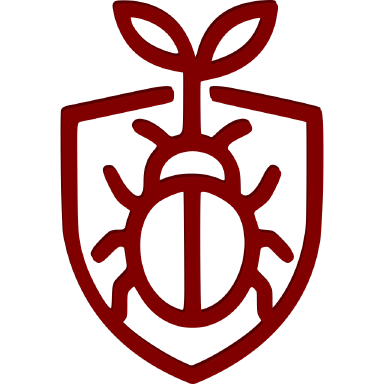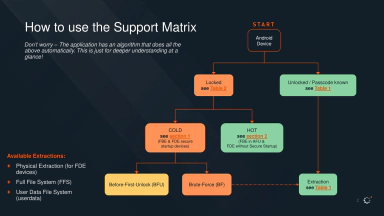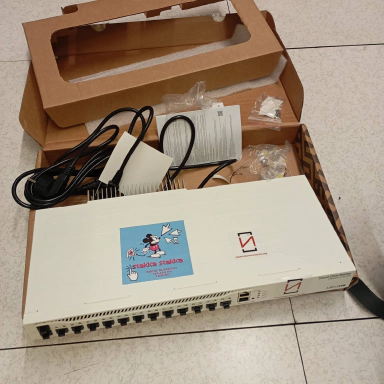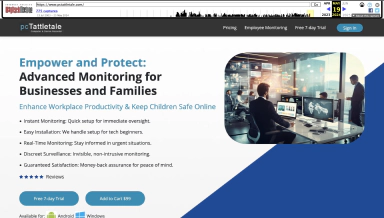
5 February 2025 - Infrastructure
We have updated the ContactInfo field in the torrc configuration of all our relays to align with the proposed ContactInfo Information Sharing Specification. This standard defines a structured format for describing key attributes of a relay family operator. Ensuring operators are reachable and that relays are associated with trusted individuals or organizations is crucial for the health of the Tor Network.
To enhance transparency, we have also published proof of relay ownership in our public .well-known/tor-relay/rsa-fingerprint.txt.
As shown on the OrNetStats page, many organizations are already participating in this initiative by providing authenticated information, facilitating accurate recognition of their relays.
For nodes physically hosted by us, specifically those in the 64.190.76.0/24 range (e.g., 4FCA270A887D2BB0666A05EF45B393C7A6B13214), we have adopted the most permissive exit policy possible, blocking only port 25.
Previously, exit policies on hosted nodes were tailored to minimize abuse complaints and maintain positive relationships with hosting providers. However, ports such as 22 (SSH), while sometimes exploited for brute-force attacks, serve essential legitimate uses that outweigh the risks.
Ultimately, port-based restrictions are not a security measure but rather a mitigation tactic to handle a useless volume of automated abuse reports. Our approach reflects our commitment to balancing network accessibility with responsible operation.
You’ve read an article from the Infrastructure section, where we describe our material and digital commitment to an infrastructure built as a political act of reclaiming digital resources.
We are a non-profit organization run entirely by volunteers. If you value our work, you can support us with a donation: we accept financial contributions, as well as hardware and bandwidth to help sustain our activities. To learn how to support us, visit the donation page.





